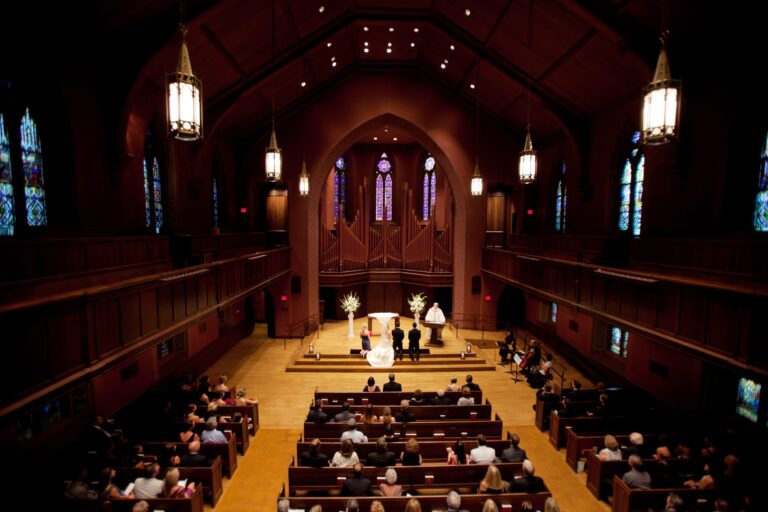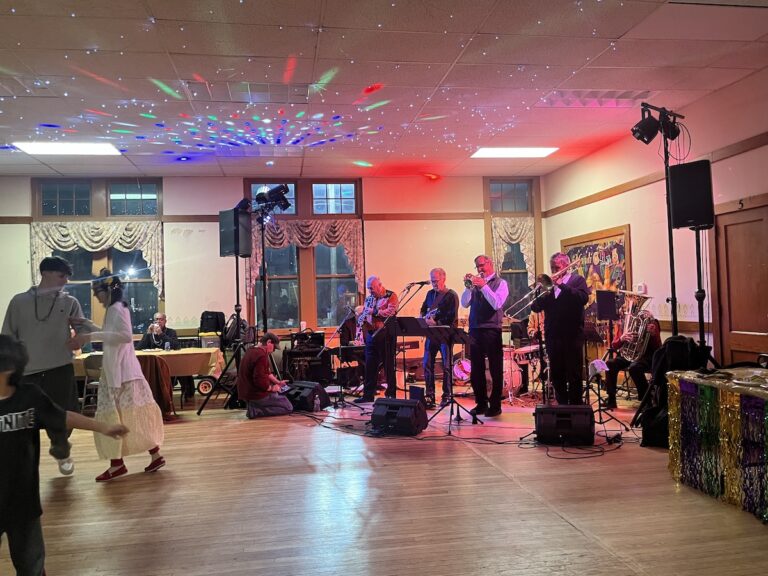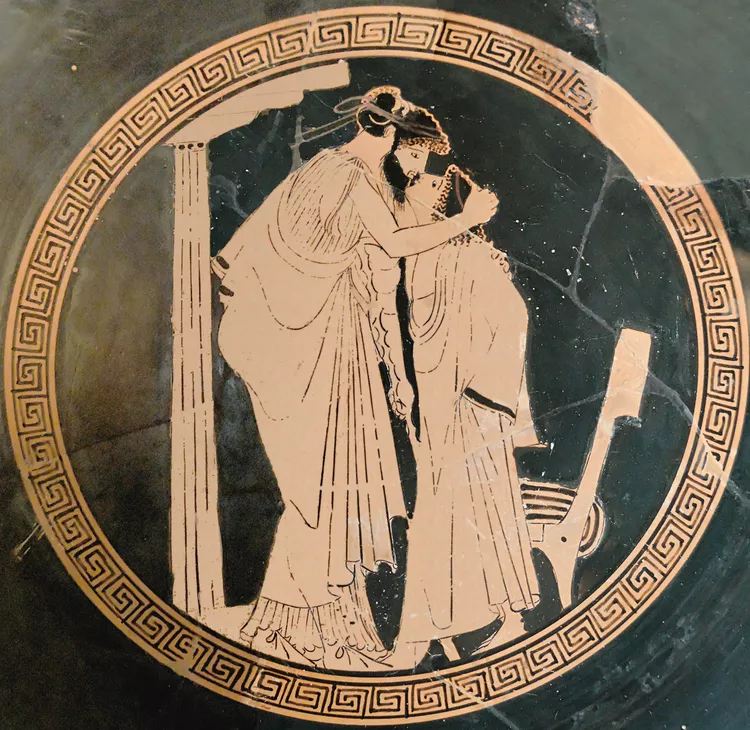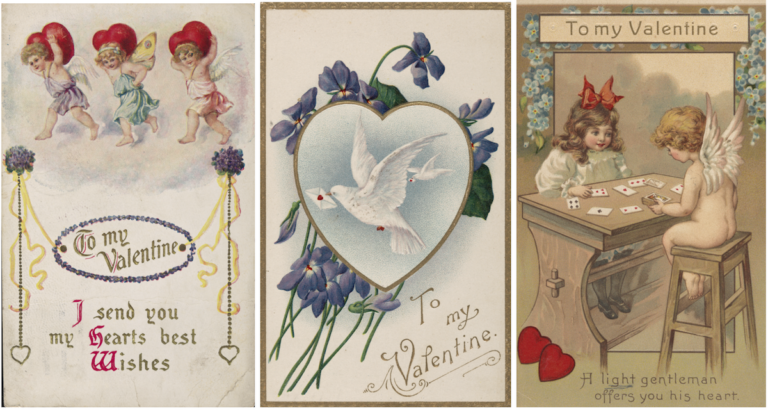Students face US stereotypes abroad
For Lex Berko ’09, like many other students spending a semester or year studying abroad in Europe, his efforts to break out of the stereotypical American mold intrigued many Europeans.
“People are fascinated when you break the stereotype of an American; they say, ’you’re not the kind of American I anticipate,’” Berko said of her study abroad experience in London. “They have expectations. They don’t make fun of Germans and Swedish [in the same way].”
While studying abroad in Europe, students often came into contact with American stereotypes, many of which are tied to the American media and popular culture that is pervasive in Europe.
Europeans largely hold mixed views of American culture—some praise Eminem as a genius, while others lament the invasiveness of crass American popular culture over that of their native country.
“Among people our age, they’ll say they don’t like America, but they’ll participate in American culture — listen to American music, go to McDonald’s, wear American clothes, buy an iPhone,” said David Wen Riccardi-Zhu ’09, who studied in Bologna, Italy last year.
American television, music and movies are very popular abroad—albeit being a few months behind—and are especially popular among teenagers.
“I was bested at American pop culture [in Sweden],” said Laurenellen McCann ’09, who studied in Stockholm, Sweden for the spring semester. “I didn’t know who Tila Tequila was.”
Europeans, however, are quicker to recognize the superficial side of American culture, which contributes to their negative view of Americans.
“[Europeans] think of us as loud, flashy people,” said Julia Milton ’09, who studied in Oxford, England. “Some [British] people I met really felt that way [about Americans].”
Students lament the fact that Europeans hold a skewed view of American culture, one that dismisses its more substantial features.
“In Europe, you don’t see the other aspects of American culture, like Thanksgiving and Sleepy Hollow and that type of New England culture,” Riccardi-Zhu said. “The media is always important in how they portray things…[but] some things in the States would not happen in Europe, like Paris Hilton.”
Many students found that once natives got to know them, these stereotypes were nothing more a source of an occasional joke. Nevertheless, Europeans still widely regard Americans as indifferent to other cultures, and those students who appeared interested in native culture were assumed to be non-American.
“People normally guess that you’re British,” said Alex Footman ’09, who studied in Regensburg, Germany last semester. “They were surprised that I spoke German; they think of us as only speaking English, and Americans as not interested in spending time in other countries.”
Students attributed their ease at integrating abroad to the University’s rigorous language program, which prepared students by better promoting fluency in other languages. Michelle Brown ’09, who studied in Paris last spring, said that the French categorize Americans into two ways: those who speak French, and those who do not.
“They treated me with more respect because I could speak French,” Brown said.
While stereotypes about American culture and character are prevalent in Europe, other stereotypes, such as those about the American lifestyle, exist as well. According to McCann, many Swedes were cautious about discussing religion with her because they recognized that Americans, in general, are more religious.
“Sweden is very secular, they recognize the United States as more religious,” McCann said. “They tested the water [to see] how religious I was.”
Not all stereotypes, though, were completely negative. Footman noted that Germans thought Americans were hardworking, even to a fault. A more trivial observation they had was his predilection for peanut butter sandwiches and cranberry juice, which Germans never ate.
Ultimately, many Europeans seem to hold a vision of America that is skewed by internationally prominent stereotypes and media sources like MTV. Some Europeans, however, realize that their view is incomplete.
“[Europeans] know they don’t have the whole picture [of what America is like], but they don’t know what the whole picture is,” Milton said.







The same is the other way around, Americans think, they have BUILDED Europe and the rest of the world, are bigger, taller, GREATER and so on.
Without Europe, NOTHING would exist across the Atlantic! Never forget this!
Fact is, that without the productivness and the modernity of Europe, China and Japan, there woudn´t been much in the US, wich eats and the world is producing for.
When you look at your position today, you see, it is very soon over with the overboosted superpower US.
You shrinked superheroes, we are happy when you are gone! FATSO!
I don’t get what you said.
Hell sir, you seemed to have forgotten that there were Native Americans on the other side of the Atlantic prior to European discovery. Contrary to your assertion, there would in fact be many things at exist on the other side of the Atlantic without Europeans.
Im sorry. I gotta say to the person before me. . .What about the Native Americans? I myself am half native american. We descended from Asia, not Europe. And had the europeans of the past not been so greedy and eager to own every last bit of land, the US would have been better for it. IMO.